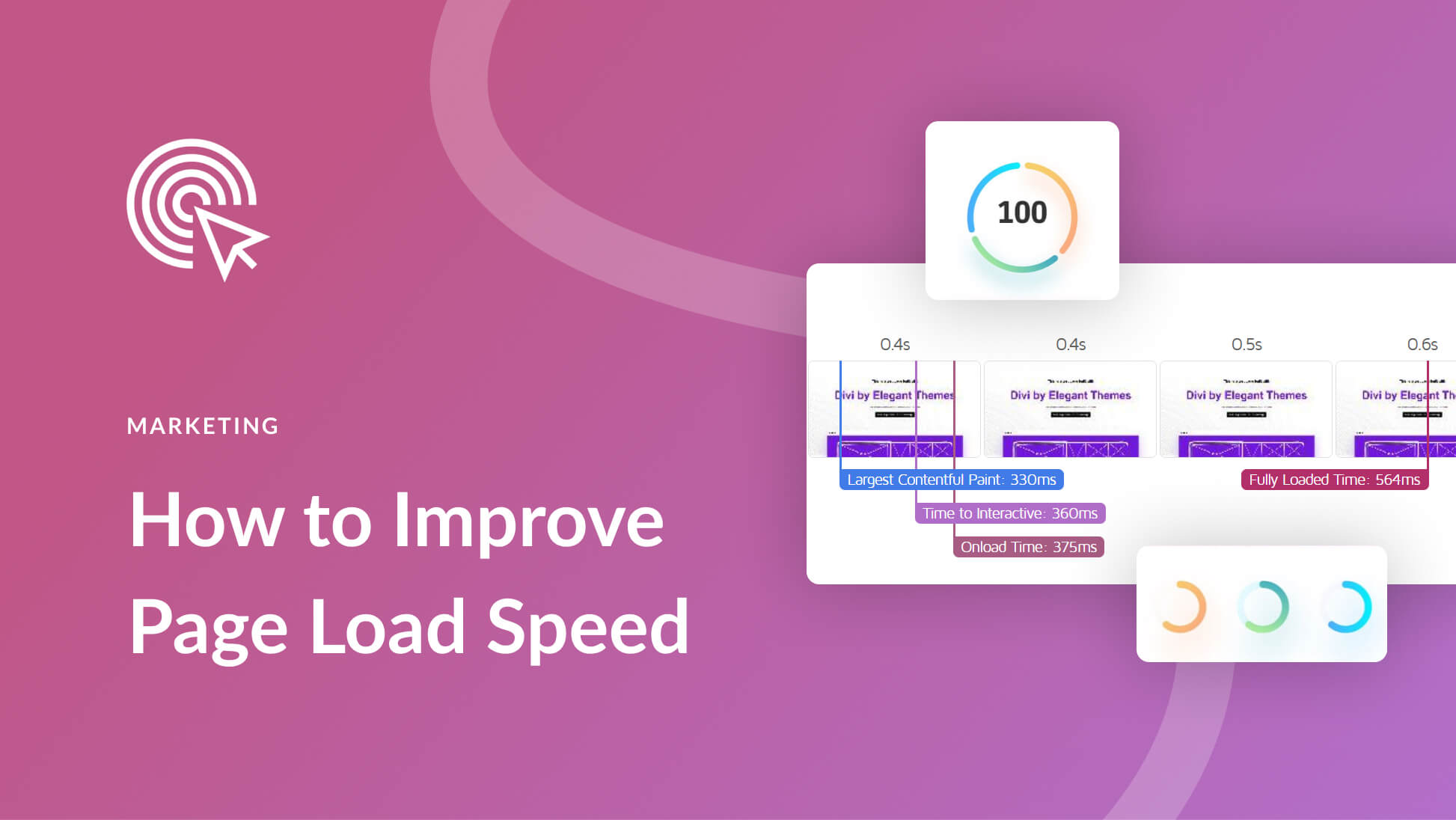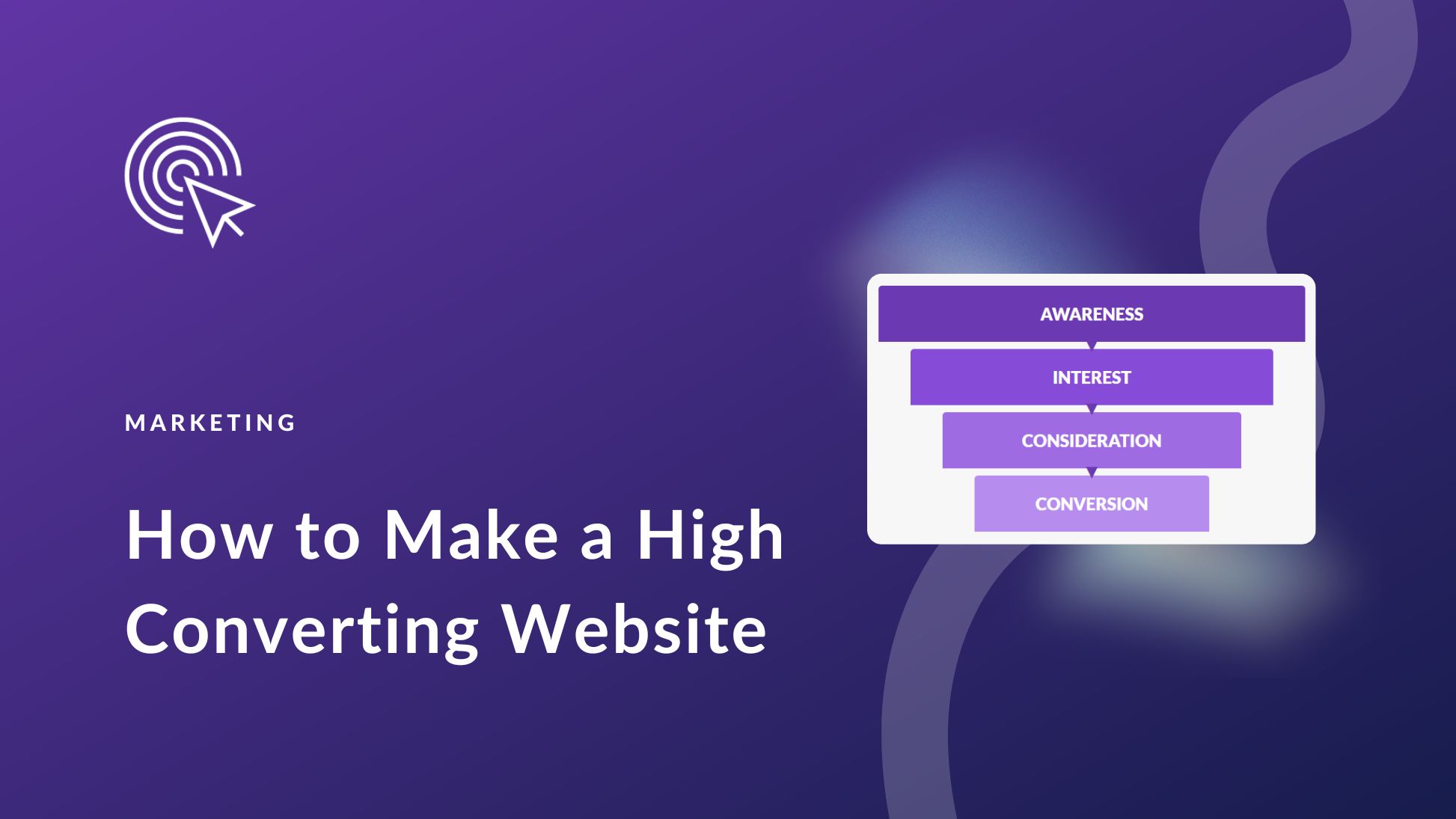When starting a blog, one of the most pressing questions surrounds blog post length. How long should a blog post be? How much should you be writing, really? What’s an average post length that will ultimately help you to rank in Google search results?
The question of blog post length doesn’t necessarily have a straightforward answer. Instead, if you conduct a little online research, you’ll find a collection of averages based on a number of factors. Ultimately, the length of your posts will depend on a unique set of variables within your business.
In this post, we’ll focus on the best average blog post length, common word count ranges, and factors to consider when determining blog post length. We’ll also discuss some of the variables that will influence your decision as you build out a strategy for your blog.
Let’s jump in!
Best Average Blog Post Length
If you have been in the digital marketing world for any length of time, you might be aware that recommendations on blog post length are ever-changing. Over time, the best average length of a post has increased. The top-performing post length saw a 57% increase between 2014 and 2020, according to an extensive survey conducted by Andy Crestodina’s Orbit Media.
Orbit Media’s data showed that blog posts average 1269 words in length, and that blog post performance begins to rise significantly at the 1500-2000 word mark. However, higher performance seems to correlate with post length. Fifty-four percent of bloggers who published articles longer than 3000 words reported that those blog posts performed exceptionally well. For bloggers who want to publish articles of an average length on a regular basis, 1000 to 2500 words could be a sweet spot.
These days, longer blog posts perform exceptionally well on SERPs (search engine results pages). According to Yoast SEO, if you’re looking to land in the Google search rankings, then you’ll need to write posts that are longer than 300 words. However, your post’s performance depends on more than just word count.
Blog Post Length Doesn’t Equal Content Strength
Word count alone isn’t enough to determine how well your posts resonate with readers (or with Google). Instead, the information itself must be top quality and deliver high value. Quality content published to the right audience, and which delivers something of value to the reader, will always trump word count.
Your content should also resonate with your target audience. It’s critical to understand that everything you publish on your blog should be valuable to the people who are reading it. That might mean you need to reevaluate your content against your audience demographics and what kind of engagement you’re currently getting online. If you’re publishing lengthy posts that don’t strike a chord with your readers, your blog post length doesn’t matter.
You’ll want to make sure the length of your posts is justified, too. For example, a post should only be as long as its message. If you’re pushing the content past a certain word count for the sake of numbers, its performance will suffer. Don’t write a lengthy blog post just for the sake of making the post long. Instead, only use the word count you need to get your point across and deliver value at the same time.
Keyword-stuffing your posts in an attempt to manipulate your SEO rank will also go against you. While it may be tempting to try to game the system with a post that’s over-optimized with variations on your target keyword, you can actually hurt your blog. Google is known to penalize blogs that abuse keyword optimization.
Luckily, there are tools out there that can help you make sure you’re not going overboard with keywords. Yoast SEO recommends an average keyword density of 0.5% to 3%. As you get accustomed to optimizing your blog posts, it will become easier to use these words strategically, folding them into your articles as part of a natural flow.
If you want to make things easier on yourself, consider installing a WordPress SEO plugin. It will help you keep track of your post’s length and keyword density while you write (among other important SEO factors as well).
Other Factors That Influence Blog Post Length
There are a number of other factors that may play a hand in determining an ideal, average blog post length for your site. Here are a few variables to consider:
- Your industry. Content length and performance vary depending on the space they’re published in. For example, a healthcare blog might include in-depth, long-form blog posts that include extensive research and information on their topic of interest. On the other hand, a blog for busy supply chain professionals might perform better with short-form, easy-to-skim articles. All readers aren’t necessarily going to take the time to read a long blog post.
- Your competitors. What kinds of content are your competitors publishing? How long are their blog posts? You may want to consider using their blog post length as a baseline, especially if you’re just getting started. Look at your industry competitors, as well as blogs that are publishing competing content. An SEO keyword research tool such as SEMRush or Ahrefs can help with this.
- The topic you’re writing about. Does your topic warrant a 5000-word article? Would it be better received if it were 1500 words instead?
- Your blogging budget. This budget includes both time and money. If you’re going to write your own blog, you’ll need to make sure the length of your posts aligns with the amount of time you have available to work on them. If you plan to pay a copywriter to help you, longer posts will cost more money.
- How often you want to publish posts. This consideration ties into your budget. How often do you want to post? What can you afford? If you want to post more frequently, shorter posts may be more cost-effective for you. On the other hand, you might prefer to publish a robust post less often. (Orbit Media’s survey says bloggers who post daily report the best performance.)
- Your SEO and backlink strategy. If you’re looking to rank on Google and generate backlinks, data suggests you’ll likely need to write longer posts. A content study by Backlinko revealed that longer posts got more backlinks, particularly when they exceeded 3000 words. Backlinko also found that long-form blog posts are more likely to hit Google’s first page.
Once you’ve created a blog post length strategy, it’s time to put it into practice. You’ll be able to make adjustments as you go, so take the first step. Once you’ve begun publishing your blog, you will have plenty of data to help you determine whether you need to change your strategy.
How To Determine Your Blog’s Success
Your post length is only one factor in your blog’s success. In addition to observing and tweaking blog post length, you’ll want to pay attention to whether the blog is serving its intended purpose. Keep an eye on your analytics to determine how you’re doing.
For example, your website analytics can tell you whether your blogs are generating leads, converting visitors, and holding readers’ interest. If your blog posts have a high bounce rate, dig deeper. You might find that adjusting the length of your posts makes a difference here. It will also be important to determine whether they’re taking action on your CTAs, and ultimately, whether your blog is contributing to your business revenue.
Wrapping Up
Blog post length can play an important role in your content’s success. Before you begin, consider your industry, competition, topic, budget, and frequency of posting. When you pair word count with high-quality content that resonates with your audience, you’re more likely to enjoy a successful blog.
Featured Image via KenoKickit / shutterstock.com









I totally agree with you, we should not write long blog posts just for the sake of word count. In fact, according to a study published on Forbes, most readers start losing attention after 750 words and sometimes even half that, There’s a huge difference between a long blog post and a detailed blog post. For me, it’s about including as much detail as I can in as few words as I can.
I usually prefer to write content between 2500-3000 words. I think it’s suitable for ranking on google and also appropriate to cover all the important points for my article.
It is a fact that longer articles work great. What is sad about this is that automatic generated content or content without quality can perform quite well even when they don’t give any answer to what you were looking for…
i started uping the amount of content, i think on average posts with 5k words rank 40% better against articles with 2k words. The amount of content does equal higher rankings. ( As long as its good content 🙂 )
I would say that write content to solve the user’s problem not just for google or search engines. If you have seen the authority sites many of the articles are very small but they do rank on top reason being they just answer the user’s question. Some examples i can quote are w3schools, tutorialspoint, csstricks etc these sites don’t have 1200+ words in every article but they rank on top.
But yeah on the other side if you feel the content needs to be elaborated then it makes sense to write lengthy blog posts. To cut it short i would say understand the search intent and write the post to solve the need. If it takes 100 words to address it then let it be 100 words if it takes 5000 words then write for 5000 words.